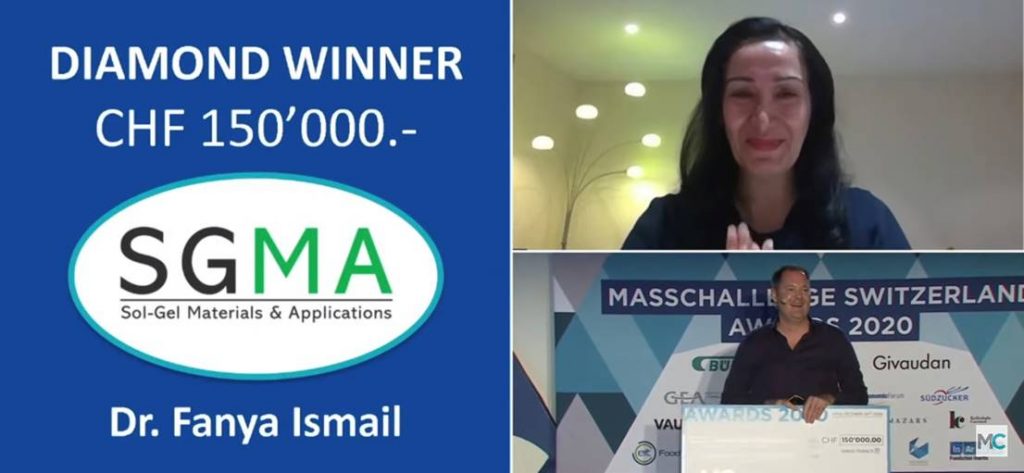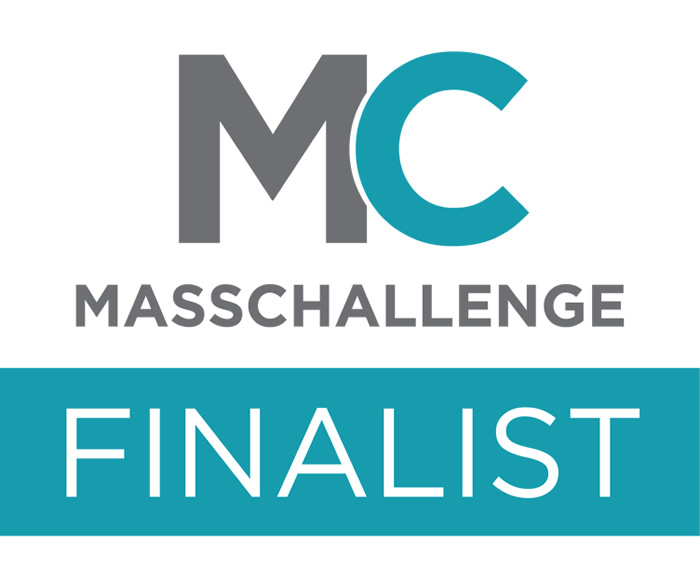What is their impact, and what does chemistry tell us about the problem and solutions?
Our increasing use of plastics extends to virtually all aspects of modern life. The problem of what we do with all the that plastic once we’ve used it is also increasing, and pollution from plastics is extending into areas we’d least expect. The environmental impacts of plastic are seen, not only in the high-profile news coverage of plastic pollution in our oceans, but has now even reached Arctic regions, raising the unexpected spectre of airborne microplastic pollution.
The impacts of, for example, plastic bags in our oceans, is easy to understand. Images of turtles, dying as a result of eating plastic, is sadly a common sight across media channels. The issue of microplastics, though, is far more difficult to see, to understand, and to tackle.
—————–
What are microplastics and where do you find them?
How we define microplastics varies, however it is commonly understood that these pollutants are very small fragments of plastic which can be harmful to the environment, the animals that live in those environments, and potentially humans too. Plastics pollutants are generally described as microplastics if they are smaller than 5mm in length down to particles just a few microns across. In context, these size ranges cover the size of a pencil-tip eraser, down to the size of a barely visible pollen grain
In the modern world, microplastics are all around us. They can be found in air, in drinking water, in table salt – essentially everywhere. They have invaded seemingly every part of the planet today, even reaching the most remote and isolated reaches of our planet – the Arctic.
A study by the World Health Organization (WHO) recently concluded that they have found no evidence so far that microplastic poses a direct risk to humans. However, they also cautioned against complacency as more research is still needed to fully understand how plastic permeates our environment and how it finds its way into humans.
Microplastics and climate
Scientists may have been puzzled over how microplastics make their way to locations far from the densely populated urbanised areas where they are generated. Some researchers have suggested that microplastics can be raised up by wind and thermal currents and then – through mechanisms which are not fully understood – transported long distances through the atmosphere. The microplastics return to the land from the atmosphere as they are captured in forming rain droplets, falling to earth as rain or snow.
We know our polar regions are highly sensitive to the impacts of global climate change. What we do not know, however, is how sensitive the Arctic ice and snow might be to the effects of microplastics.
Plastics and climate change
Climate change has always been a major factor when researchers and environmentalists call for reductions in global plastic consumption. The majority of the plastics we use on a daily basis are still made using fossil fuels, with this industry generating the equivalent of 1.7 billion metric tonnes of CO2 (a similar quantity of CO2 was generated by Russia in 2017).
—————–
A Little Chemistry
As a chemist, I am always keen to get closer to detailed topics that involve chemical bonds! Understanding a little about the structure of water molecules (in both liquid and solid forms) – and in particular the forces that give water its unique properties – hydrogen bonds, helps us to understand a little more about the risks posed by microplastics in the Arctic.
What is a Hydrogen Bond?
Hydrogen bonds hold together many key molecules that are necessary for life: DNA; proteins; and water and ice. Weaker than covalent bonds, hydrogen bonds are still strong intermolecular forces that can hold molecules in tight associations, but without the chemical change of a covalent bond. Hydrogen bonds may form between atoms within a molecule or between two separate molecules.
The attraction is generated between two atoms within a molecule. With one of the atoms being hydrogen, and another an electronegative atom (such as oxygen, chlorine, or fluorine), the interaction facilitates strong association with another, nearby electronegative atom.
In liquid water each molecule is hydrogen-bonded to approximately 3.4 other water molecules. In ice each molecule is hydrogen-bonded to 4 other molecules creating empty spaces within the ice structure. When a large number of hydrogen bonds act together, they generate a strong synergistic effect – the bigger the hydrogen bond network the stronger it becomes.
Liquid water has a partially ordered structure in which hydrogen bonds are constantly being formed and broken. However, when water freezes, hydrogen bonds orientate to a more ordered structure, causing water molecules to push farther apart, lowering the density to about 90 percent that of water. This difference in density keeps ice floating and it is an important phenomenon in cold places such as our polar regions.
Recent studies suggest than more than 10,000 plastic particles per litre have been found in Arctic snow. Such a large number of particles embedded into the structure of snow, raises questions over what impact microplastics might have on the structure of Arctic ice, and the hydrogen bond network that holds it together. Some studies on glacial melting have proposed a role for CO2 in disrupting the hydrogen bonds of the ice. By extension, could there be a potential risk from the presence of microplastics in ice, disrupting the hydrogen bond network, and expediting glacial melting or contributing to the retreat in the Arctic sea ice?
—————–
Solutions
More work is still needed to understand the impact of microplastics on our polar ice and the downstream effects on climate change and the health of Earth’s flora and fauna. Plastics and microplastics may take thousands of years to degrade, making it crucially important – and urgent – that we drastically reduce our global use of fossil fuel-derived plastics.
Replacing plastics with sustainable and biodegradable replacements would represent a significant reduction is “disposable” plastics.
Just considering plastic straws, for example: 350 billion of these are made annually (of which 23 billion arise in the EU), and they are the 7th most commonly found plastic in our oceans. Paper straws, coated with a water-resistant and biodegradable solution, such as the Sol-Gel coating developed at SGMA, can offer a simple option to reduce the current ecological burden from plastics.
—————–
Dr Fanya Ismail is CEO and Founder of SGMA, a chemical company focussed on providing sustainable practical solutions to today’s global environmental challenges. SGMA is committed to finding alternatives to plastic in many sectors including food, medical, cosmetic and home products


